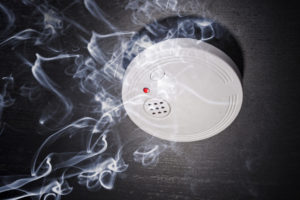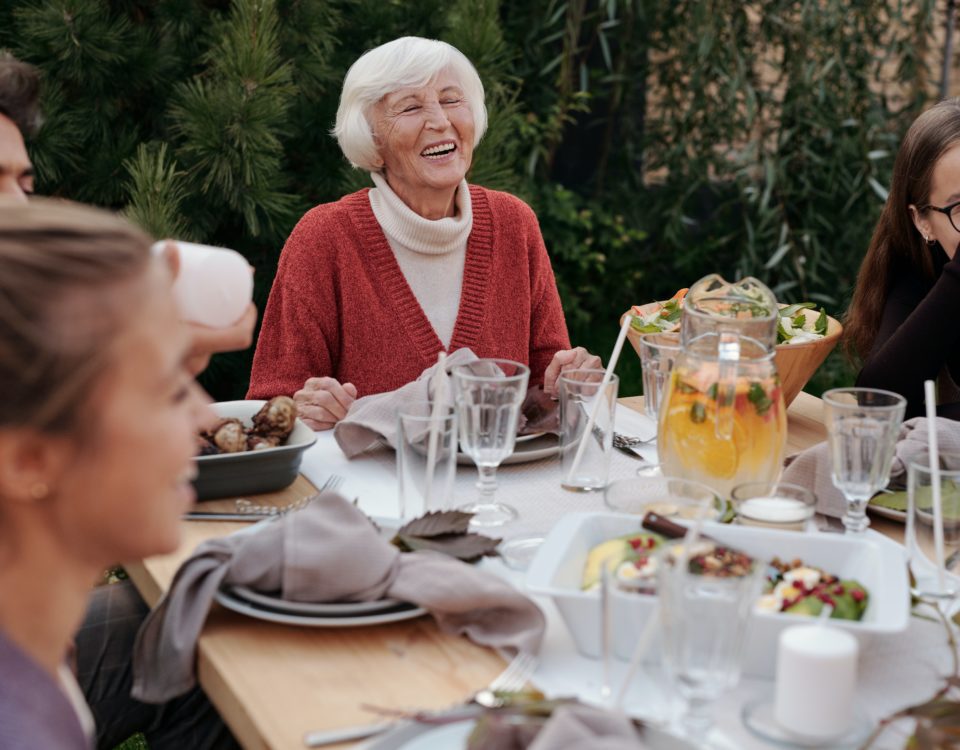You can’t always be there. But we can.
Check for These Safety Risks in Your Parent’s Home

Becoming a Caregiver to Someone with Dementia
July 31, 2017
What is Macular Degeneration?
August 14, 2017Check for These Safety Risks in Your Parent’s Home
August 21 – 25 is National Safe at Home Week. When is the last time your parent’s house had a safety check up? Think about it. Your parent’s house is where they spend most of their time. Home is also the place where many injuries and accidents occur. National Safe at Home Week is a week that is dedicated to keeping homes safe from hazards that can result in serious harm, such as fire, electrical, and carbon monoxide hazards.

Home Care Whittier CA – Check for These Safety Risks in Your Parent’s Home
If it’s been a while since anyone has looked around your senior parent’s house to determine if there are any safety hazards, take some time during the week to conduct an inspection.
Electrical Safety Hazards
Electricity is a powerful force and accidents involving electricity can lead to serious injury or even death. Here are some things to look for in your senior parent’s home:
- Outlets in the bathrooms and kitchen should be GFCI (ground fault circuit interrupter) outlets. If your parent’s house is older and the outlets have not been upgraded, they should be replaced.
- Check for switch plate and outlet covers that are damaged or broke and replace them.
- Look for outlets that are overloaded with too many cords plugged in. Use a power bar to alleviate the problem. Since this is a sign that there may not be enough outlets in your parent’s home (as is the case with many older homes), you may want to consider having an electrician install additional outlets.
- Look for cords that are damaged (frayed, cracked, squashed, etc.). Check extension cords and appliances. Throw away damaged extension cords. You may be able to have the cord on an appliance replaced. Check with a local repair shop.
- Keep all electrical devices a safe distance from sources of water.
Fire Safety Issues
Your parent should have a plan in place for escaping the house in case of a fire. Be sure your parent’s home care provider is also aware of the plan. Look for the following fire safety issues:
- Check that there are working smoke alarms on each floor of the home, especially inside and near bedrooms. Test the smoke alarms and replace batteries regularly.
- Make sure there is a working fire extinguisher in the home and that your parent knows how to use it. Inform your parent’s home care provider of where to find the extinguisher.
Carbon Monoxide Poisoning
Carbon monoxide is odorless, colorless, and deadly. To prevent carbon monoxide poisoning in your parent’s home, follow these tips:
- Install carbon monoxide detectors in the home and change the batteries every six months.
- Have your parent’s heating system and water heater inspected yearly by a professional.
- If your parent’s home has a fireplace, the chimney should be inspected yearly.
Your elderly parent’s safety is one of your chief concerns as a family caregiver. Hiring a home care provider through an agency can help keep your parent safer at home. Home care providers can assist your parent with tasks that may be unsafe for seniors, such as climbing on ladders to replace the batteries on a smoke alarm. They can also be an extra set of eyes to watch for other safety hazards.
Sources: https://www.esasafe.com/consumers/safety-and-security/electrical-safety/safety-at-home
https://www.novec.com/Safety/HomeElectricalSafety.cfm
https://www.redcross.org/get-help/how-to-prepare-for-emergencies/types-of-emergencies/fire
https://www.nsc.org/learn/safety-knowledge/Pages/carbon-monoxide.aspx

